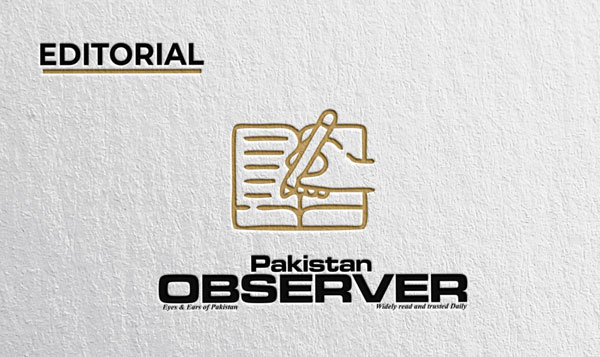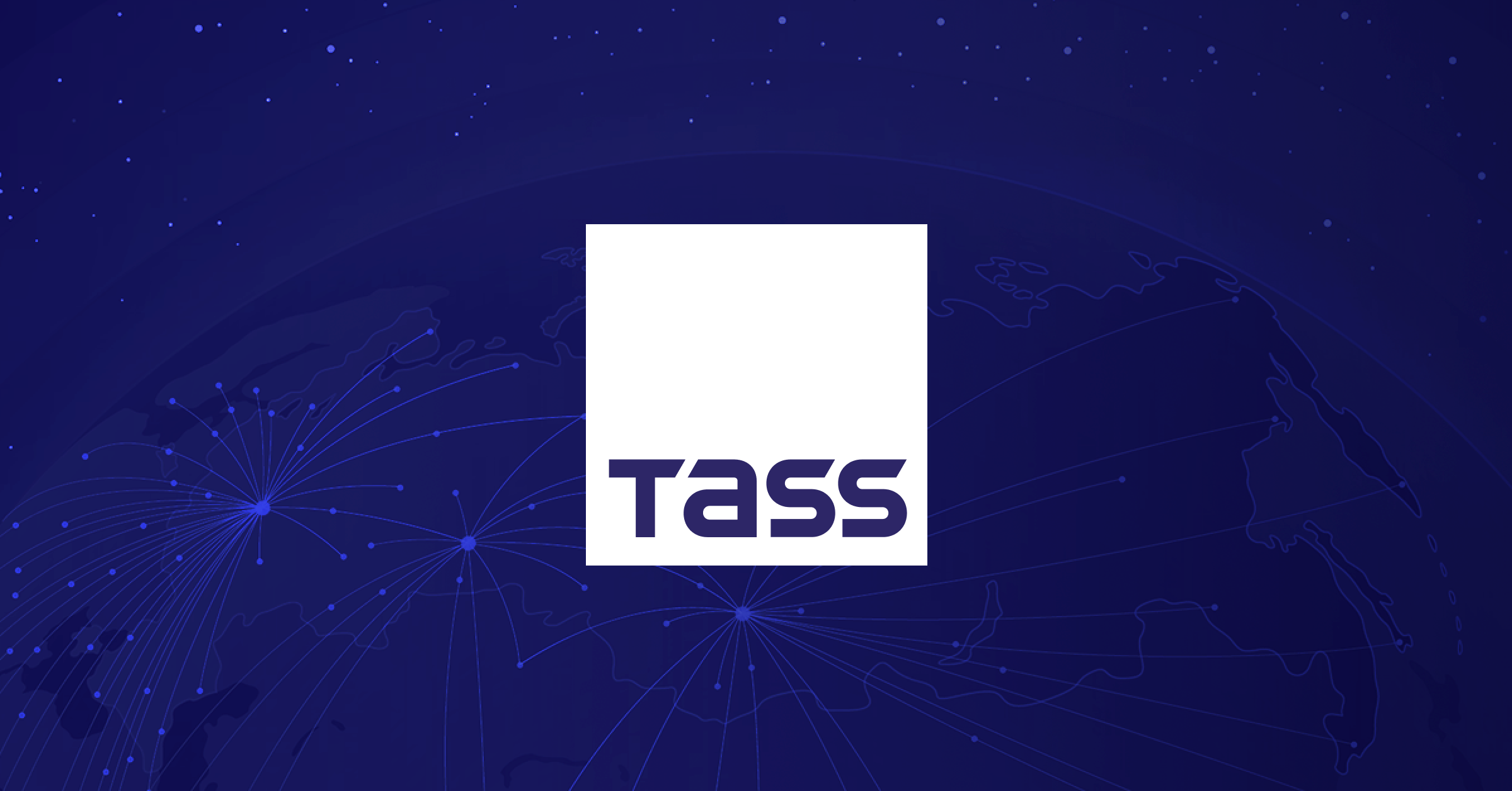Copyright pakobserver

PRIME Minister Shehbaz Sharif has said that Saudi Arabia requires thousands of skilled and semi-skilled workers and he would make every effort to send Pakistani youth there to seize new employment opportunities. Speaking at the inauguration ceremony of the Prime Minister Youth Laptop Scheme 2025 in Islamabad on Thursday, he said that during his recent visit to Saudi Arabia, he was briefed on the kingdom’s progress in artificial intelligence and modern technology systems. No doubt, Saudi Arabia is pursuing gigantic projects aimed at improving and expanding its infrastructure, construction of modern cities and industrial clusters and diversification of its oil-based economy. Projects being implemented under Vision 2030 of the Crown Prince Mohammed bin Salman, global exposition in 2030 and FIFA World Cup in 2034 surely require huge investment and manpower, offering immense opportunities to skilled and semi-skilled workforce. Already, there are over 2.5 million Pakistani working in the Kingdom, making it the largest destination for Pakistani workers. The numbers can significantly increase if the issue is properly and continuously pursued with the Kingdom and focus is laid at home on market-oriented professions and skills. Luckily, Pakistan and Saudi Arabia have best of relations as is highlighted by conclusion of a historic defence pact and decision of the Saudi leadership to encourage substantial investment in Pakistan. The Prime Minister seems to be mindful of the window of opportunity as he said he took up the issue of cooperation in modern technologies during his last visit to the Kingdom and the response of the Saudi side was highly encouraging as they held out an assurance that their facilities will be provided free of cost to millions of Pakistanis and students. Pakistani and Saudi officials have already held discussions on the matter and the Prime Minister expressed optimism that good news would soon follow. Apart from Saudi Arabia, there are also bright prospects to increase the manpower export meaningfully to some other Gulf countries provided short, medium and long term plans are devised to improve the quality of education and impart relevant training to the workforce in close collaboration of reputed institutions at home and abroad.



